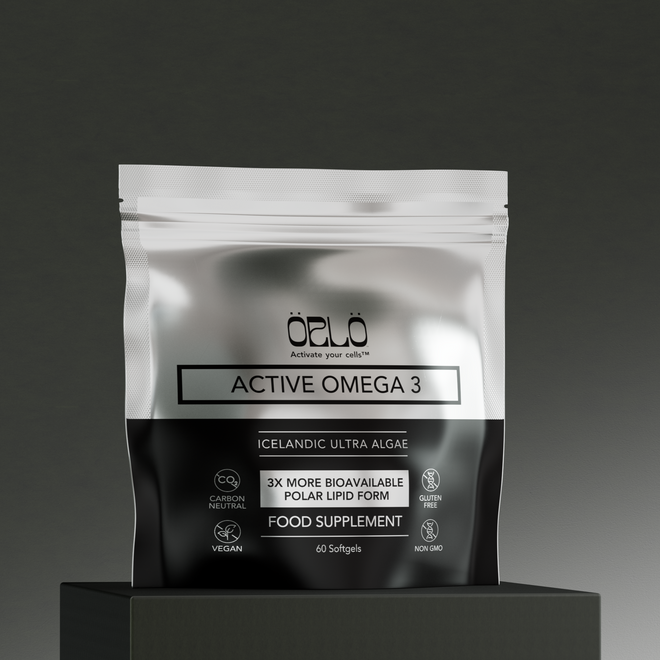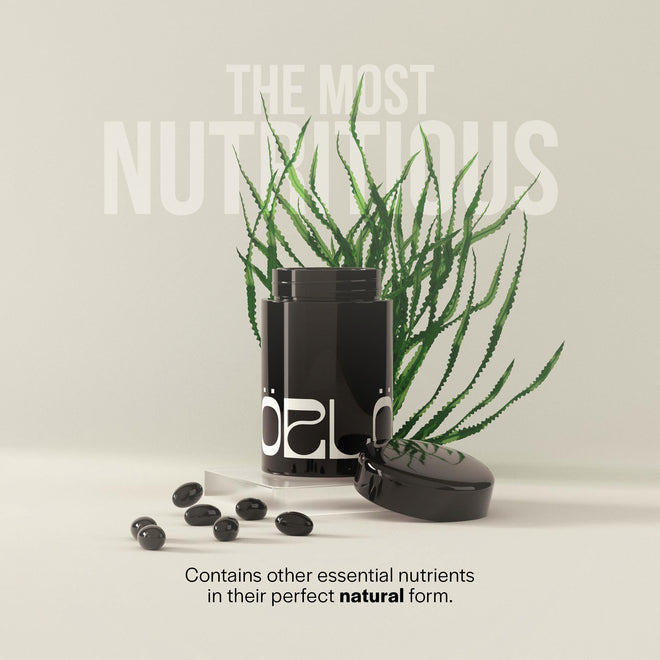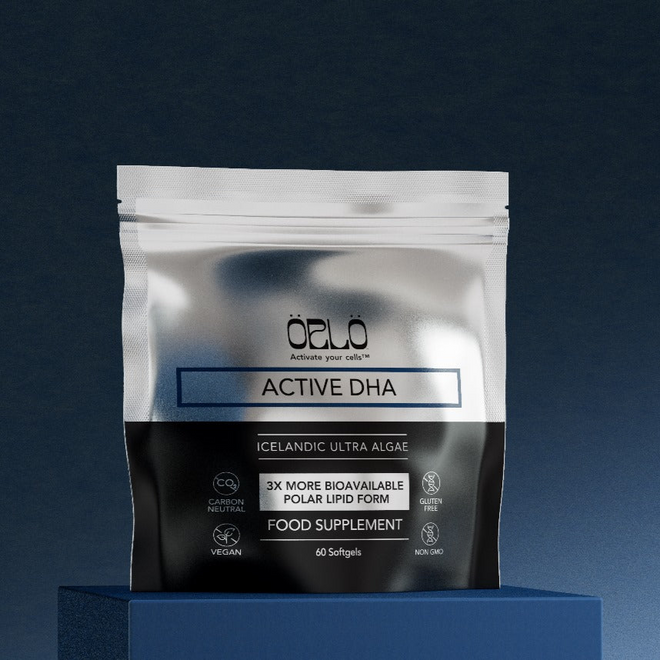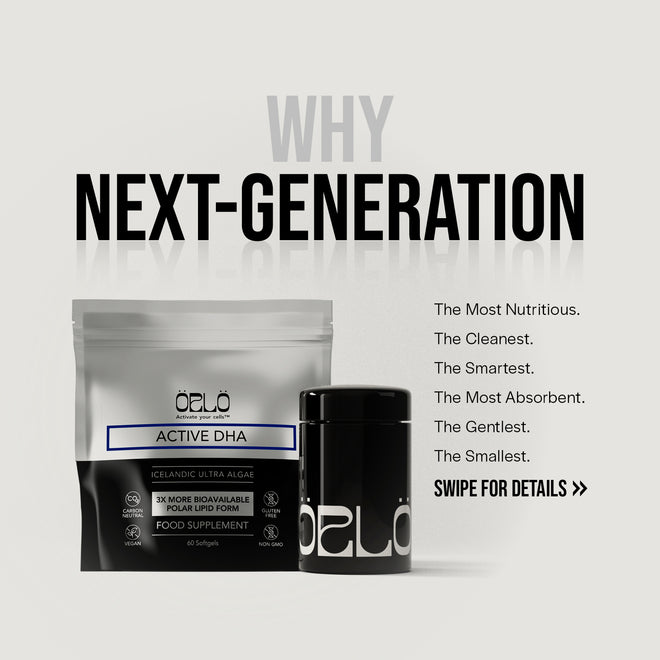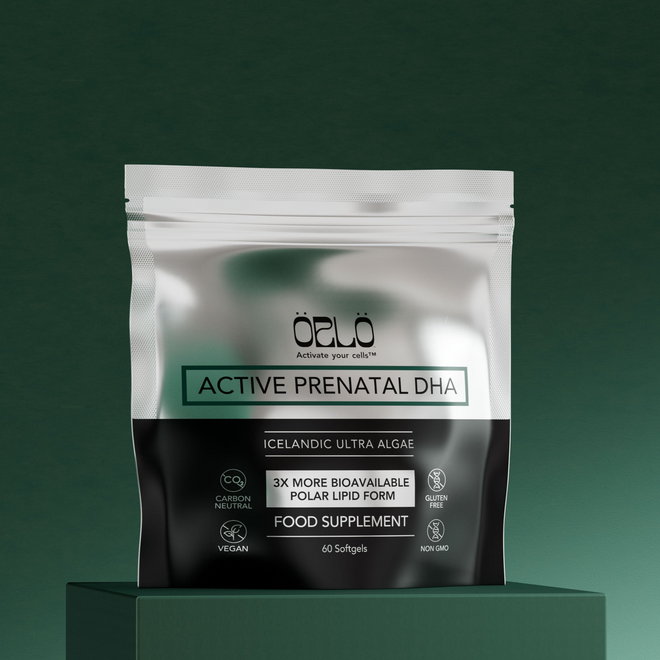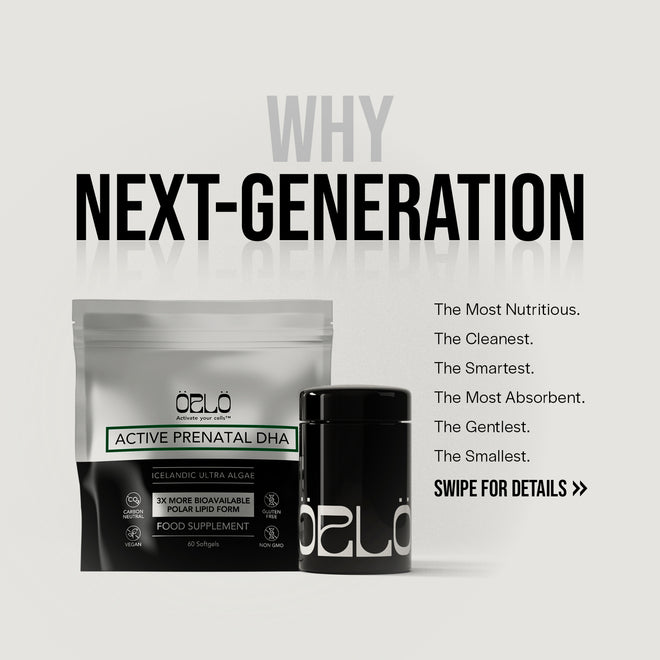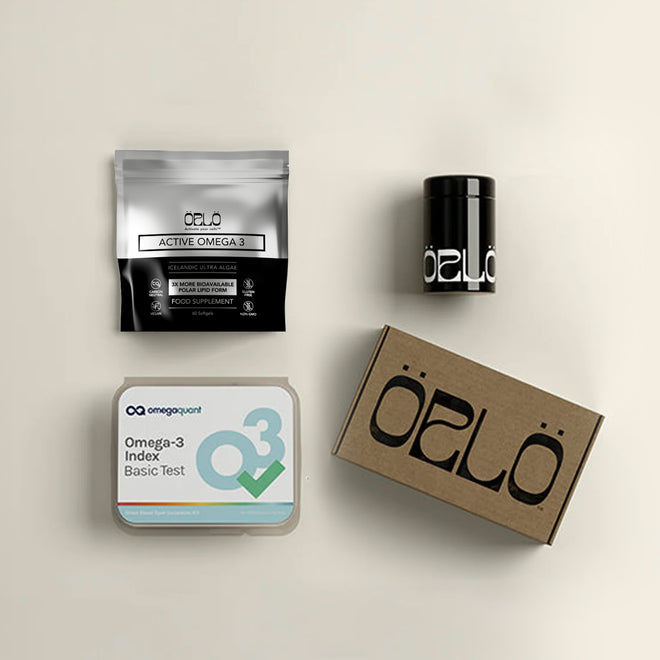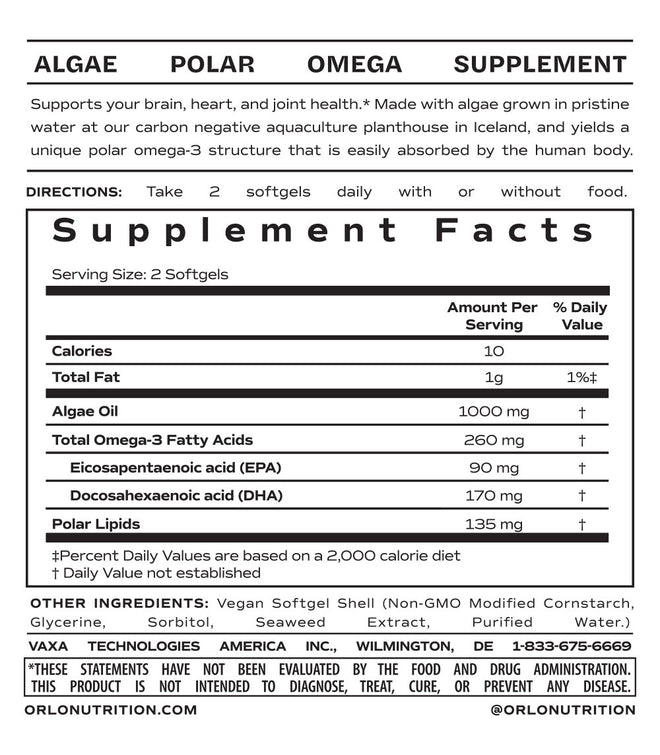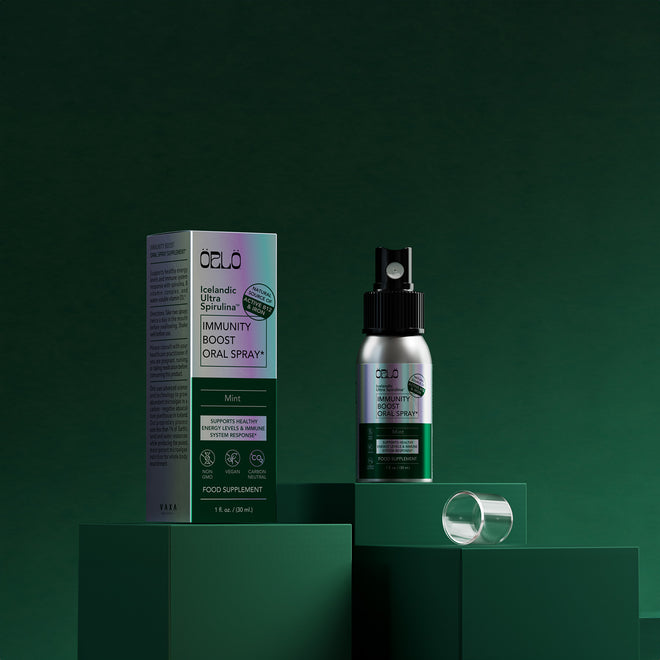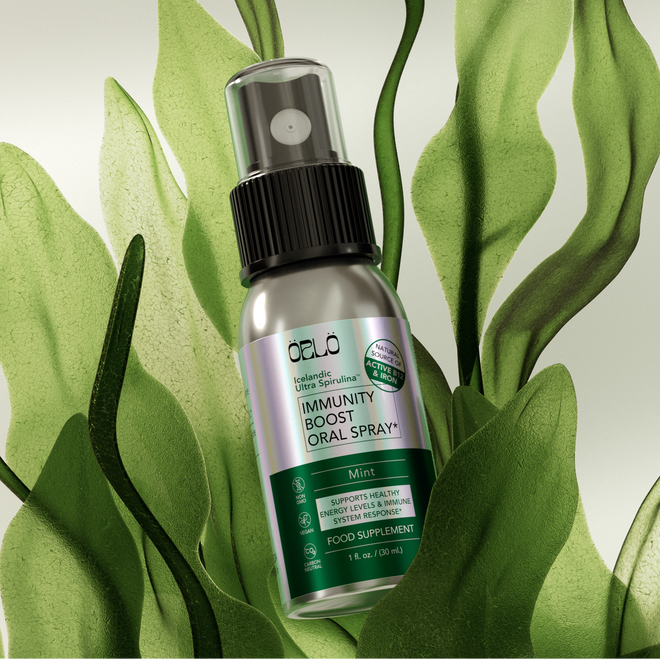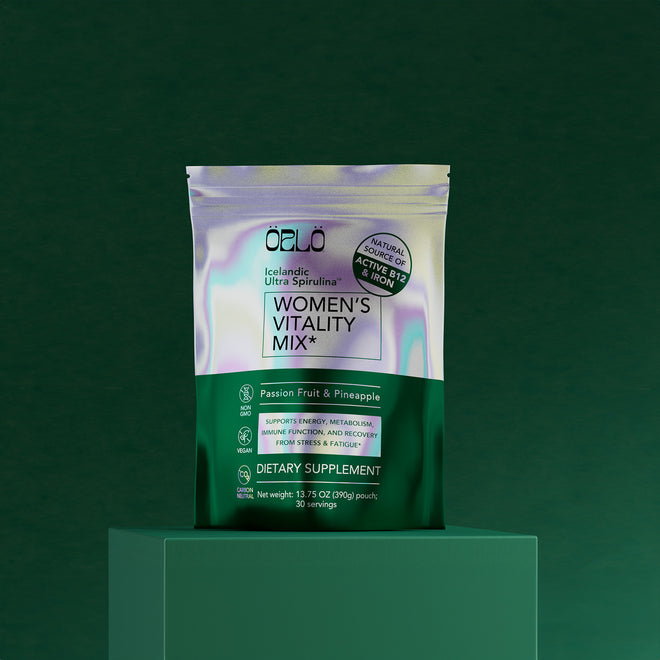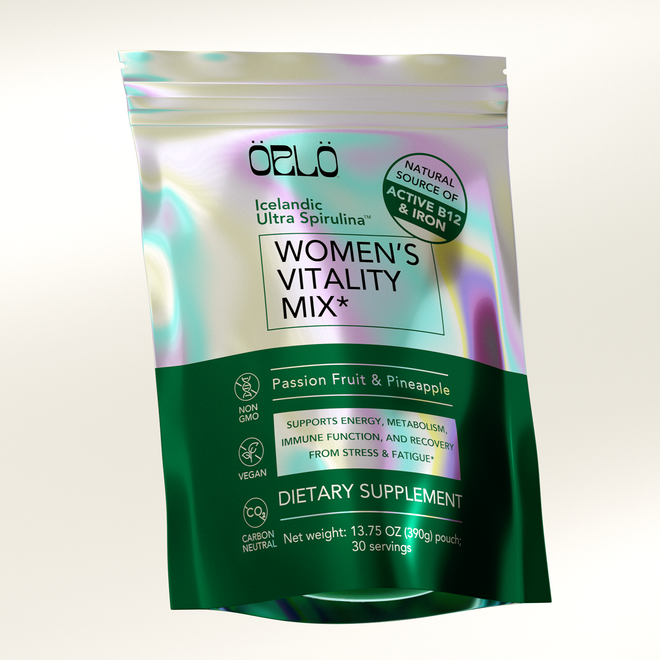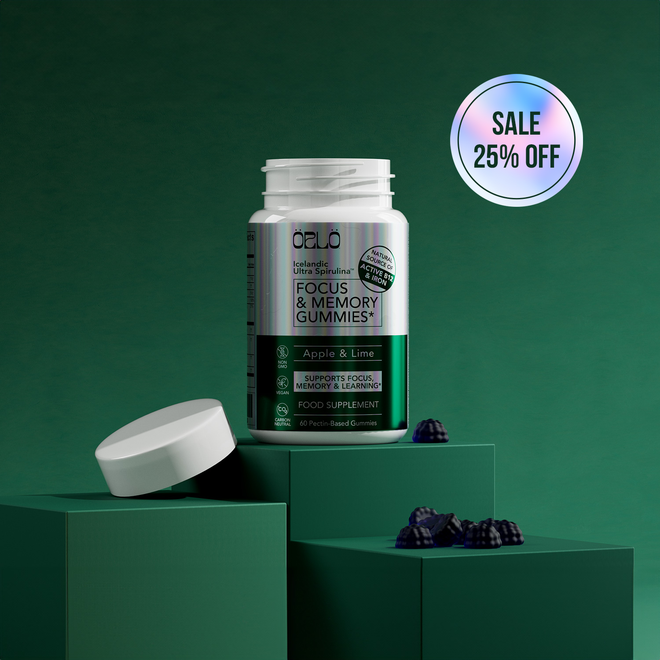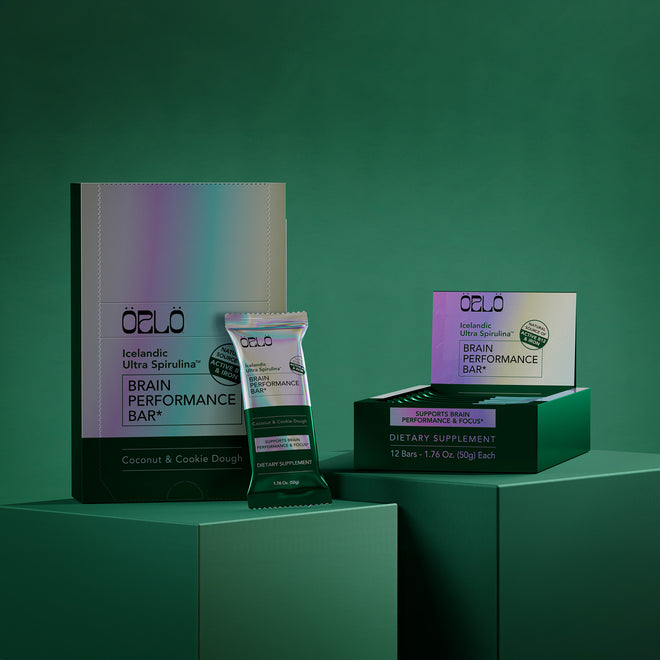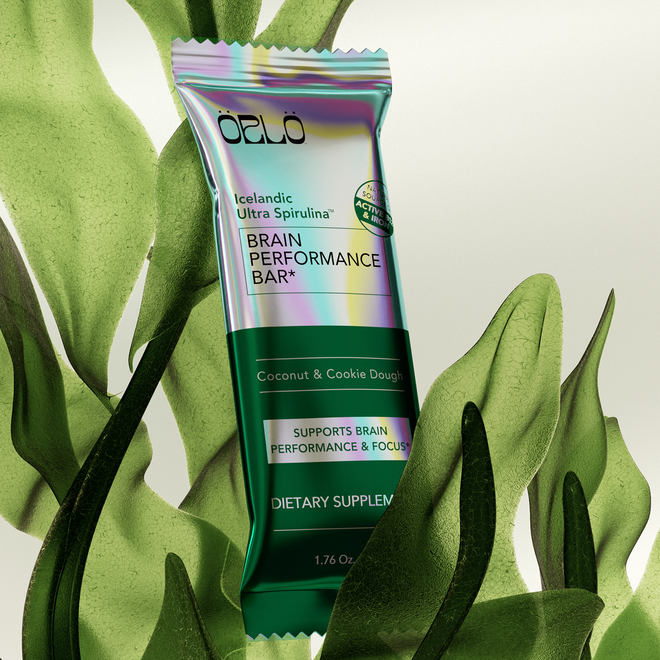Free shipping on purchases over $69
Fish-Free Omega-3: Embrace Plant-Based Sources
Omega-3s are one type of fat your body needs to stay healthy. They help support your heart, brain, joints, eyes, and more. But what happens if you don’t eat fish or seafood, which are known to be the most common omega-3 sources? That’s where plant-based options come in. There are plenty of ways to get your omega-3s without touching a single fish.
More and more people are choosing plant-focused lifestyles, whether for their health, the planet, or personal beliefs. Fish-free omega-3s are valuable for anyone following a vegan or vegetarian diet. And as it turns out, algae-based omega-3s offer the same kind of health support as fish oil, just without the animal source. With plant-based nutrition becoming part of daily life for many, it’s helpful to know the best sources and how to include them in your routine.
Why Choose Plant-Based Omega-3?
There are all kinds of reasons to go with a plant-based omega-3. First off, it supports your body just the same. Omega-3s work to protect your heart, help your brain stay sharp, and support your immune system. The good news? You don’t need fish oil to get those benefits.
Plant-based omega-3s, especially those sourced from algae, carry EPA and DHA, two key types of omega-3 fatty acids. Algae is where fish get their omega-3s in the first place, so going straight to the source skips the middleman. Unlike fish oil, algae-based omega-3s are 100 percent vegan, naturally clean, and don’t come with that fishy aftertaste some folks want to avoid.
Here are a few notable advantages of plant-based omega-3s:
- Naturally free from fish allergens
- Avoid heavy metals and other ocean toxins
- Kinder to the environment without overfishing issues
- Vegan-friendly and suited for many dietary preferences
Choosing fish-free omega-3s helps lower the demand for overharvested marine life and supports ocean health. It’s a small switch with a bigger impact. Plus, opting for algae-based omega-3s means you’re skipping out on some of the typical additives included in some traditional fish oils. Whether your focus is personal health or doing what’s right for the planet, plant-based options make it easy to stay on track.
Top Plant-Based Sources of Omega-3
You’ve got choices when it comes to where those omega-3s come from. Some are whole foods, and others offer a more concentrated dose, like supplements made from microalgae. Here's a breakdown of plant-based options you can start using today:
1. Algae Oil
This is one of the only plant-based sources that naturally contains both DHA and EPA. It’s usually taken as a softgel or capsule and doesn’t have a strong taste or smell.
2. Flaxseeds
These tiny seeds pack a punch with ALA, a type of omega-3. They need to be ground to get the benefits, and they mix well into oatmeal, smoothies, or baked goods.
3. Chia Seeds
Another powerful seed for omega-3s. You can sprinkle them onto salads or soak them in water to form a gel that can be added to yogurt, pudding, or smoothies.
4. Walnuts
An easy snack and a great source of ALA omega-3s. Chop them up into oatmeal, mix them into trail mix, or toss them into a salad for a boost.
5. Hemp Seeds
These have a good balance of omega-3 and omega-6 fats. They have a nutty flavor and are great on toast, smoothie bowls, or stirred into soups.
Every source plays a role, but each has different types and amounts of omega-3s. Keeping a mix of these in your routine lets you tap into the full range of benefits. While many foods hold ALA, only some give you DHA and EPA, so think about your needs and the best way to meet them.
Incorporating Vegan Omega-3 into Your Diet
Finding ways to get more plant-based omega-3s into your meals doesn't have to be complicated. A few tweaks to everyday habits can go a long way. Start your morning with a smoothie packed with ground flaxseeds or chia seeds. They blend in without altering the taste and give an easy omega-3 lift early in the day.
Lunch can be a great time to toss hemp seeds on a salad or sprinkle some over a grain bowl. These small bites are loaded with omega-3s and require zero prep. Carry a handful of walnuts for an easy between-meal snack or crush and mix them with your favorite plant-based yogurt.
Some quick ideas to include more omega-3s regularly:
- Stir ground flaxseed into oatmeal, cereal, or yogurt
- Add chia seeds to pancake batter or homemade muffins
- Use hemp seed hearts in salad dressings or plant-based pesto
- Snack on a small portion of walnuts during your afternoon break
- Include algae oils in smoothies or shakes for a daily DHA and EPA boost
Keep it simple. Rotate different sources throughout the week so you're not relying on just one. Each offers a slightly different benefit, and mixing things up prevents boredom. Adding these foods doesn't require a full diet overhaul, just small steps that build up naturally over time.
Ensuring Adequate Omega-3 Intake
It can be tricky to know if you're getting enough omega-3 when you’re eating fully plant-based. ALA, the omega-3 found in seeds and nuts, helps, but your body doesn't always convert it into the DHA and EPA forms very efficiently. That’s where an algae-based supplement comes in handy. It fills in the gaps without needing to eat seafood.
Understanding what your body needs helps clear up some common misconceptions. Many people assume eating nuts now and then will cover their omega-3 needs, but in reality, consistent intake is more effective. Whether you’re an athlete, a parent, or someone managing stress levels, getting a steady supply of these healthy fats supports long-term energy, focus, and recovery.
When looking at options for supplements, check labels for algae-based DHA and EPA. Choose clean, simple ingredients, preferably ones that don’t include additives or artificial colors. And think about digestion too. Smaller pills and natural capsules are usually easier on the stomach. If you're still unsure, talk to a healthcare provider about what’s right for your lifestyle.
Supporting Your Well-Being and the Planet
A plant-based diet shouldn't come with nutritional pressure or second-guessing. Vegan omega-3s offer a smart and sustainable solution to meet one of your key nutrient needs. They support everything from energy levels to better sleep and can be easy to fit into what you already eat.
Beyond personal wellness, shifting to algae-sourced omega-3s also helps reduce strain on marine ecosystems. You get the same nutrients without the environmental cost that often comes with fishing practices. Since algae are grown in controlled environments, there's less concern about toxins or contaminants too.
Making mindful adjustments, not drastic changes, is what leads to lasting habits. When you focus on food choices that support your body and your values, you create a routine you can actually stick with. Omega-3s don't have to be complicated, and they don't have to come from fish. With so many clean, plant-based options out there, it's more doable than ever to stay aligned with your goals while still covering all your bases.
Ready to make plant-based nutrition a regular part of your life? Discover how adding a high-quality vegan omega-3 to your routine can support your goals without compromise. With ORLO’s clean and sustainable products, you’re choosing a smarter way to nourish your body and protect the planet at the same time.
